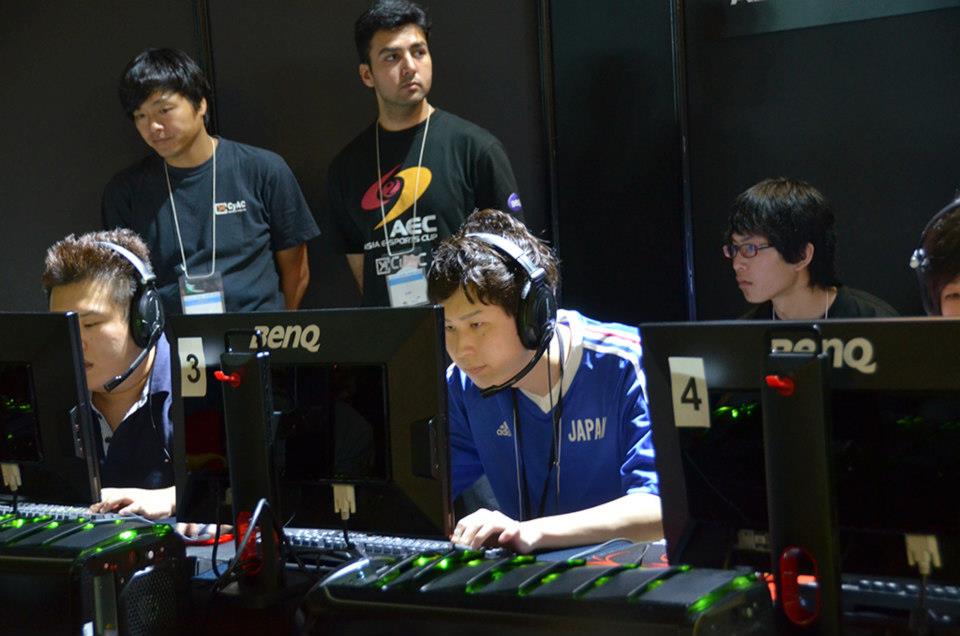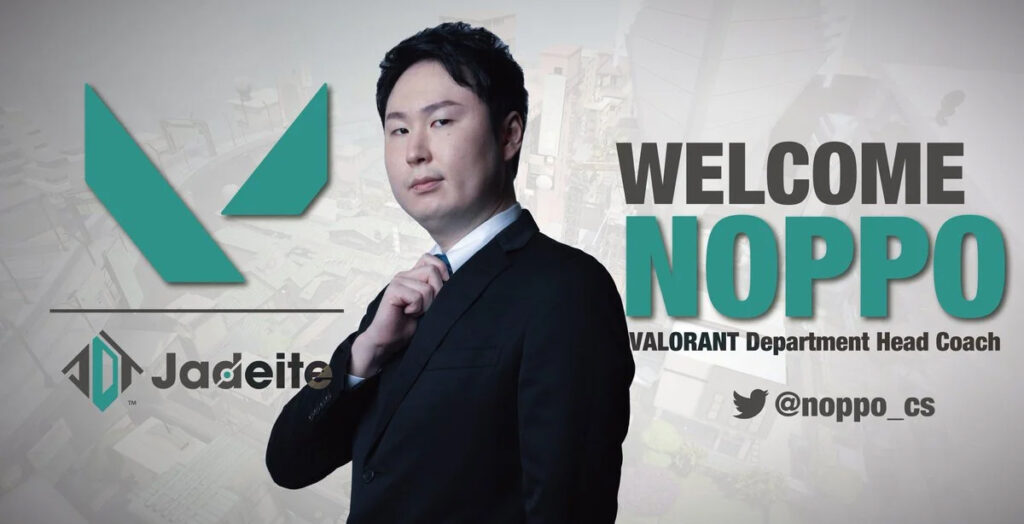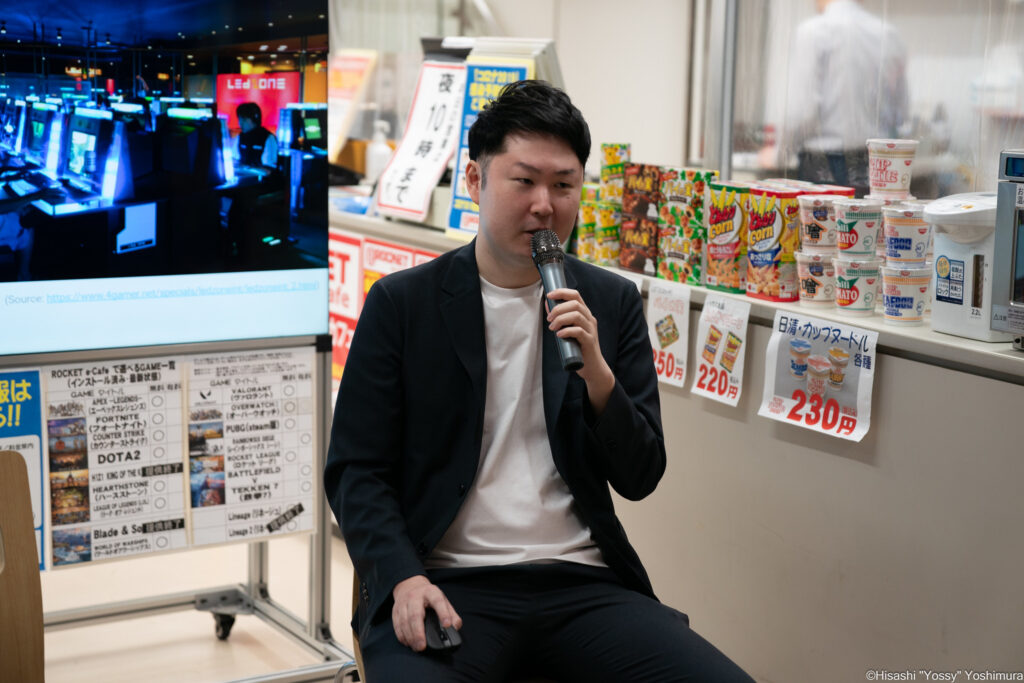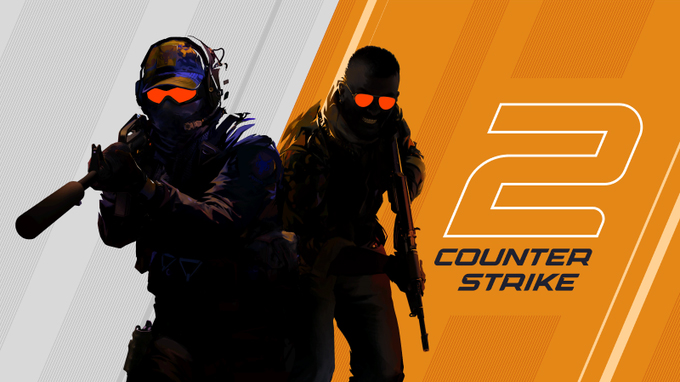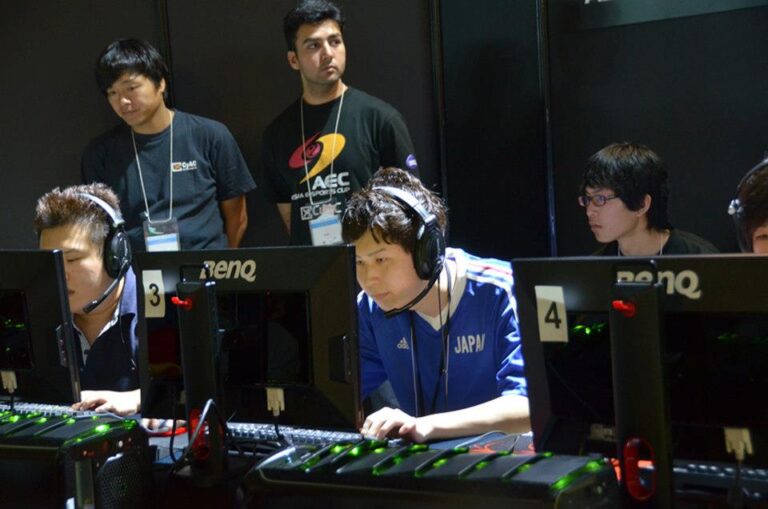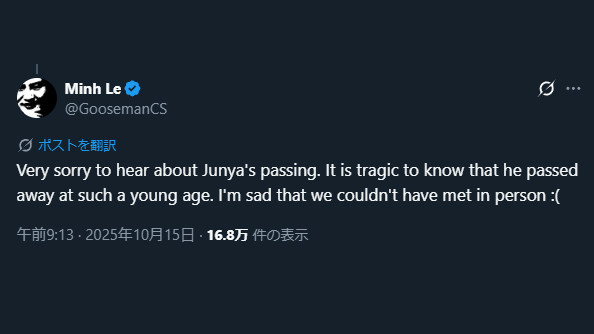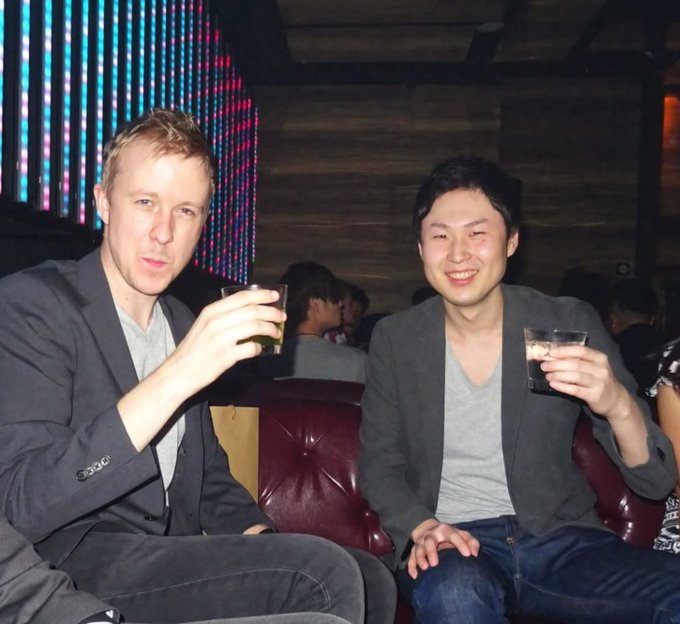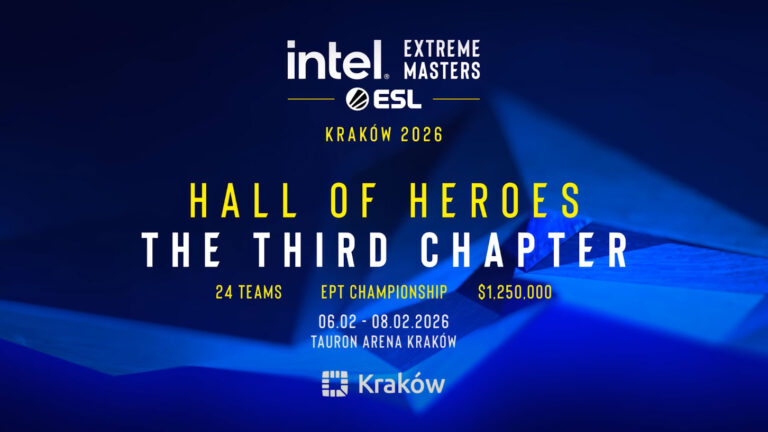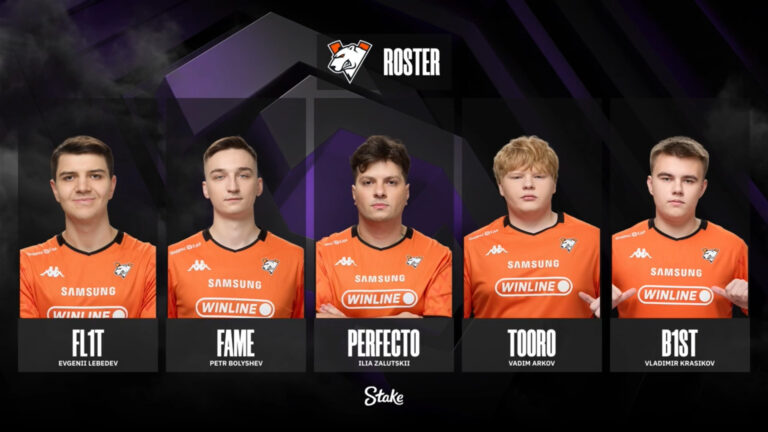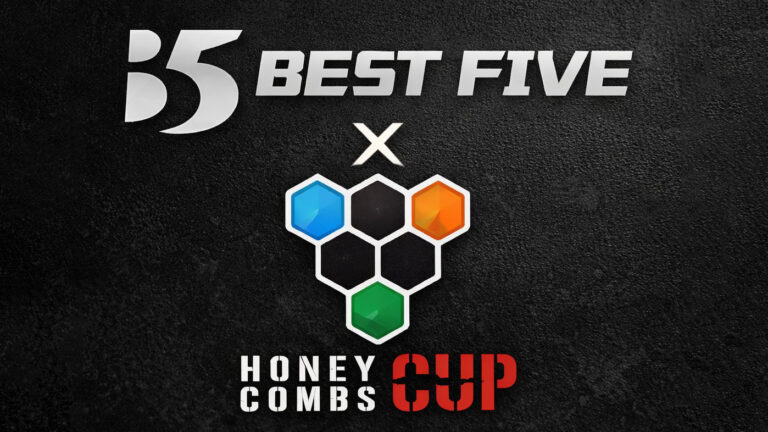This is the story of the achievements of Junya “noppo” Taniguchi — a legend of Japanese esports and a dear friend.
*This is an English translation of an article I wrote for famitsu.com, published here with the company’s permission.
https://www.famitsu.com/article/202510/56225
Introduction
There was a Japanese player who shocked the esports world with his “Tondemonai Play” — an unbelievable play that would become legendary.
Known by his gamer name “noppo”, Junya Taniguchi was one of the first to believe in the future of esports during the early 2000s — a time when the very word esports was barely recognized. He devoted himself completely to that vision.
The game he loved was the FPS Counter-Strike, through which he helped shape the dawn of competitive gaming and inspired generations of players.
He passed away on October 14, 2025, at the age of 37.
I had known noppo for nearly twenty years — following his journey, interviewing him, and witnessing his relentless passion for the game.
Looking back on his path, I want to share the legacy he left behind — and the warmth and determination that defined him as a human being.
— noppo (@noppo_cs) October 14, 2025
*A social media post from his family announcing noppo’s passing.
noppo – The Esports Star Who Achieved Remarkable Success
There is no one in the Japanese esports scene who doesn’t know the name “noppo.”
At just 17 years old, noppo joined the professional gaming team “Aggressive Gene,” sponsored by an internet café.
By 19, he had traveled alone to Sweden, then considered the world’s strongest Counter-Strike nation, to study esports and pursue his dream of becoming an international professional player.
Although his dream of turning pro in Sweden was cut short due to visa restrictions, upon returning to Japan, he used the skills and knowledge he had gained abroad to dominate domestic tournaments and represent Japan at multiple international events.
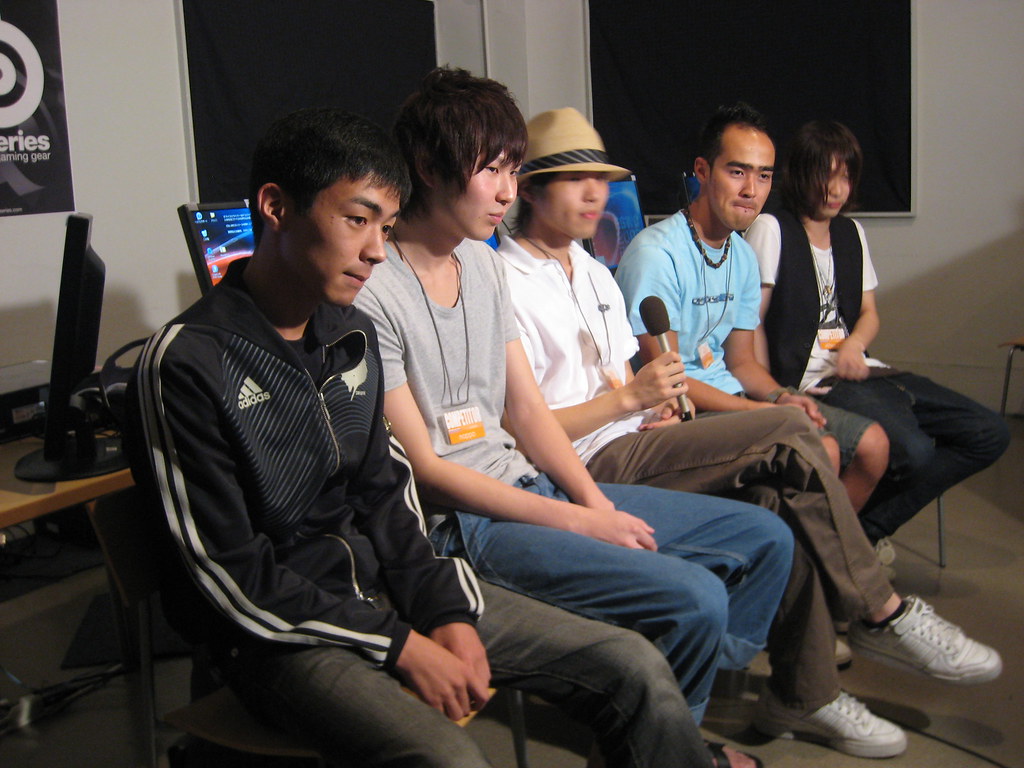
In 2012, noppo competed at the Asia e-Sports Cup 2012 in Japan with his team myRevenge.
They defeated the Singaporean representatives in the finals, making him and his team Japan’s first-ever Counter-Strike Asian champions.
It was during this event that noppo performed what later became world-famous as the legendary “Tondemonai Play.”
Relying solely on sound and experience, he accurately shot through a wall to eliminate all five opponents — a feat that stunned the esports community.
The phrase shouted by caster QoofooRiN — “Tondemonai play ga deteimasu yo ima!” (“An unbelievable play is happening right now!”) — has gone down as one of the most iconic lines in Japanese esports commentary.
Even today, it is often quoted in broadcasts of games like VALORANT, so many younger FPS fans may have heard it without knowing its origin.
Beyond describing the spectacular moment itself, the phrase also carries a deep sense of admiration for noppo and what he represented.
After that tournament — seen as the culmination of his esports career — noppo decided to retire from competition.
Seeking a new path, he enrolled in a university in Taiwan, where he learned Chinese and English to broaden his horizons.
After graduating, he utilized his esports experience to work at global companies such as MSI, NVIDIA, and Twitch, contributing to the broader gaming scene.
Alongside his corporate career, he served as a coach for professional teams like DETONATOR, Jadeite, and SCARZ, and even launched his own gaming gear brand “ZYGEN.” His tireless dedication was nothing short of inspiring.
For those who dream of an esports career, noppo became a role model and source of inspiration.
Though he appeared to be a flawless success story, his journey was in fact filled with challenges, hardships, and moments of defeat.
High School Years of Despair — and the Life-Changing Encounter with Counter-Strike
From a young age, noppo was known for his strong competitive spirit.
“Being competitive” is a phrase often heard in interviews with professional gamers — and noppo was no exception.
Raised by parents who valued education, he was encouraged to try many activities — one of which was competitive swimming.
Racing against both the clock and his rivals only intensified his determination to win.
He also loved video games, spending hours competing with friends in titles such as Jikkyou Pawafuru Puro Yakyu 4, GoldenEye 007, and Custom Robo.
Even back then, his skill was recognized by everyone around him — and he himself felt it too.
Then, during high school, came a turning point in his life.
Although he enjoyed school life, he began questioning what the future held for him.
“If I just keep studying, get a job, work until retirement, and only then start enjoying life… is that really the kind of life I want? When I imagined that future, I felt hopeless.”
With such thoughts, noppo found it increasingly hard to attend school.
Thanks to his parents’ understanding, he transferred to a correspondence high school — and it was during this time that he discovered Counter-Strike NEO.
Counter-Strike NEO was an arcade adaptation of the globally popular PC game Counter-Strike, developed by Namco after acquiring the license.
A dedicated arcade facility called LEDZONE, where players could experience Counter-Strike NEO, opened in June 2003 in Kamata, Tokyo — close to noppo’s family home.
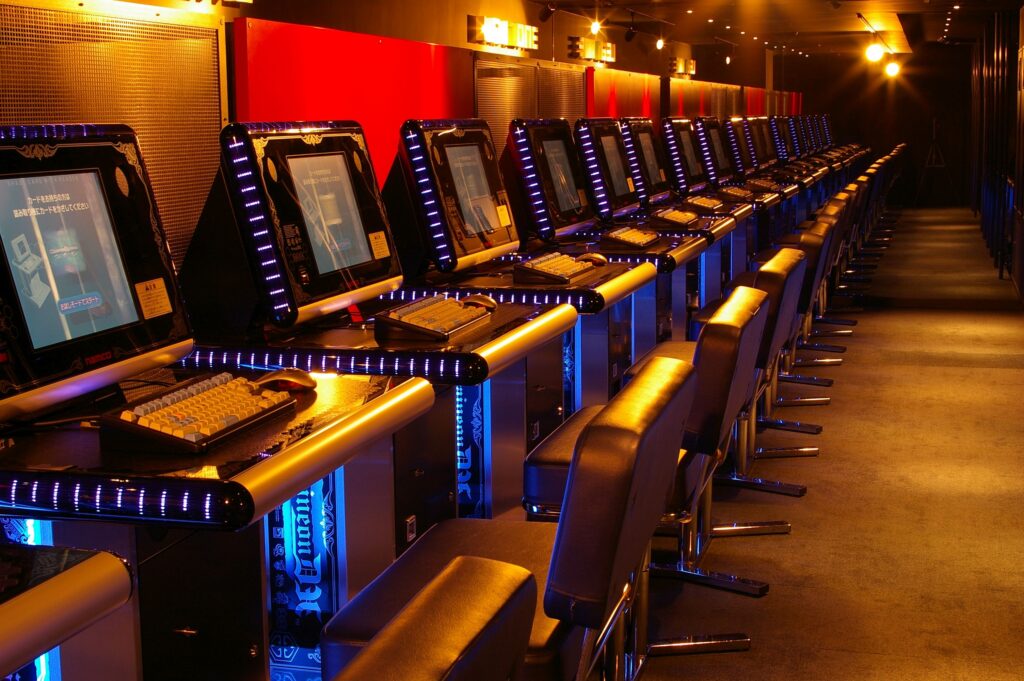
A friend who had read about the game in a magazine invited noppo to go together, saying, “Let’s check it out.”
However, noppo initially wasn’t interested. He thought, “Playing a game with a keyboard and mouse? I can’t imagine that being fun.”
No matter how many times his friend asked, he kept refusing.
Eventually, moved by his friend’s persistent enthusiasm, noppo agreed to visit LEDZONE — and the moment he tried Counter-Strike NEO, he was blown away by how exciting it was.
He became completely hooked, spending entire days playing from opening until closing time.
That single friend’s invitation may well have been the turning point that changed the course of Japanese esports history.
As his skills rapidly improved, noppo became close with the store staff and regular players.
Through these gamer friends, he learned that if he bought a PC and the original Counter-Strike, he could play online anytime from home against people all over the world.
This encounter with Counter-Strike would go on to change noppo’s life forever.
Joined a Pro Team and Lived Together in Osaka — Inspired by Tarō Okamoto’s Words: “I’ll bet 100% on gaming.”
noppo and his LEDZONE friends formed a Counter-Strike team.
Thanks to the skills he had honed at LEDZONE, he quickly became respected even in the PC competitive scene.
Before long, his talent drew attention from professional teams, and he joined Aggressive Gene, a team sponsored by an Osaka internet café.
The five members began living together in Osaka, united by their goal of becoming Japan’s best.
It was 2005 — noppo was just 17. The gears of destiny had begun to turn.
At that time, Japan’s top Counter-Strike team, 4dimensioN, had only recently started professional activities.
Becoming a professional gamer still seemed like a far-fetched dream.
Convincing his parents to let him move to Osaka for gaming was difficult, but in the end, they supported his passionate decision.
Despite being called “professional,” their lives were far from glamorous.
By day, they worked shifts at the sponsor’s internet café, and only at night could they practice.
It was nothing like the full-time professional environment players enjoy today.
All five members — aged 17 to 22 — had never lived alone before.
No one knew how to cook or do laundry, and even taking out the trash was a mystery.
The apartment soon turned into what noppo later described as “a garbage-filled hell.”
While noppo remained devoted to his goal of becoming Japan’s best, his teammates began to lose motivation, worn down by the grind of work and nightly practice.
Eventually, they could no longer even gather for team training.
When some members suffered mental burnout, the team disbanded after only six months.
After returning home from Osaka, noppo reconnected with his old friends.
They were earning money from part-time jobs, buying what they wanted, finding girlfriends, and playing in bands — each living out their youth in their own way.
To noppo, it all looked dazzling, and he felt the sting of comparison.
Uncertainty about the future began to weigh on him.
Should he give up on gaming and focus on school, aiming for university or a normal job?
Then, by chance, he saw a documentary about the artist Tarō Okamoto, whose words struck him deeply:
“Listen — if something scares you, that’s exactly what you should dive into. Try it.”
“The path that seems dangerous is always the one you truly want to take.”
“Whenever I stood at a crossroads in life, I always chose the more difficult path.”
Those words ignited something within noppo.
“I’ll become a professional gamer. I’ll bet 100% on what I truly want to do.”
Solo Esports Journey to Sweden — Chasing the Dream at the World’s Pinnacle
noppo renewed his resolve to become a professional gamer in 2006, at the age of 18.
At that time, becoming a professional Counter-Strike player in Japan was nearly impossible.
So he decided, “If I’m going to do it, I’ll challenge myself in the best possible environment.”
During the 2000s, Sweden was considered the strongest nation in Counter-Strike, producing multiple world-champion teams.
To pursue that dream, he first had to learn Swedish.
However, language lessons cost around 20,000 yen per hour — a heavy burden.
He begged his parents to let him take a few classes, but it was impossible to become fluent in such a short time.
Still, that wasn’t a reason to give up.
Through the popular Japanese SNS mixi, noppo met a Swedish exchange student who agreed to teach him the language at a low cost.
With effort and persistence, he improved enough to communicate effectively.
To obtain a visa, he enrolled in a Swedish public school and arranged a homestay with a local family.
In August 2007, noppo finally departed for Sweden — determined to pursue his dream.
His decision sent shockwaves through Japan’s Counter-Strike community.
When asked whether he had any contacts or confidence about surviving overseas, his answer was filled with bold self-assurance:
“None! Absolutely zero. But I’m confident I’ll make myself stand out, so I’ll be fine.”
noppo stayed in Växjö, Sweden.
His host family’s home was so remote that it took 30 minutes by car to reach the nearest convenience store, and the bus only came three times a day.
He had imagined an ideal setup for playing Counter-Strike, but the internet connection at his host home was so weak — barely reaching 100 kbps — that online matches were impossible.
“I came all the way here for Counter-Strike… this is a problem.”
When he explained his situation to a Chinese exchange student he met at school, the student kindly offered his own home, saying, “You could play comfortably at my place.”
After class each day, noppo would travel two hours one way to his friend’s house to play Counter-Strike, sleeping only four hours a night in pursuit of his dream.
“In Japan, I could only find matches between 9 p.m. and midnight, but in Sweden, I could play 5v5 games anytime — 24 hours a day. It felt like heaven! I realized why Sweden was so strong.”
In time, noppo’s skill was recognized even in Sweden, and he joined a semi-professional team called Afterlife Gaming to further polish his abilities.
However, the harsh lifestyle eventually took a toll on him.
He began missing classes due to illness, and as a result, he was unable to renew his visa — bringing an end to his dream of becoming a professional gamer in Sweden.
From Taiwan University to the Pinnacle — Becoming the Asian Champion as the Culmination of His Esports Journey
Even after returning to Japan in disappointment, noppo continued to play Counter-Strike.
During this period, the global esports landscape was undergoing major changes.
Following the 2008 financial crisis, many sponsors withdrew from the scene, leading to canceled tournaments, disbanded teams, and unemployed professional players around the world.
In Japan, the number of qualifiers for international events declined, and Counter-Strike’s popularity began to fade.
While pondering his next step, noppo recalled his previous trip to China for a world tournament — where the overwhelming number of players and spectators had left a deep impression on him.
He thought, “Esports might become huge in China in the future.”
Believing that learning Chinese could benefit his future career, noppo decided, at the age of 21, to enter university.
Taking into account the political climate at the time, he chose Taiwan instead of mainland China and enrolled in a Taiwanese university.
He first attended a language school for a year to study Chinese, and after four years of university life, he reached an advanced, near-business-level proficiency in the language.
Interestingly, all university lectures were conducted in English, so with the help of his classmates, he improved his English skills as well.
Even while studying, noppo’s passion for Counter-Strike never faded.
He continued competing as an active player, and in 2012, he represented Japan at the Asia e-Sports Cup 2012, held at Tokyo Game Show.
After a strong run through the bracket, his team advanced to the grand final, where they defeated the Singaporean roster — which featured Finnish top pro lurppis as a stand-in.
With his now-legendary “Tondemonai Play,” noppo delivered a stunning performance that secured the title, crowning him and his teammates as Japan’s first-ever Counter-Strike Asian Champions.
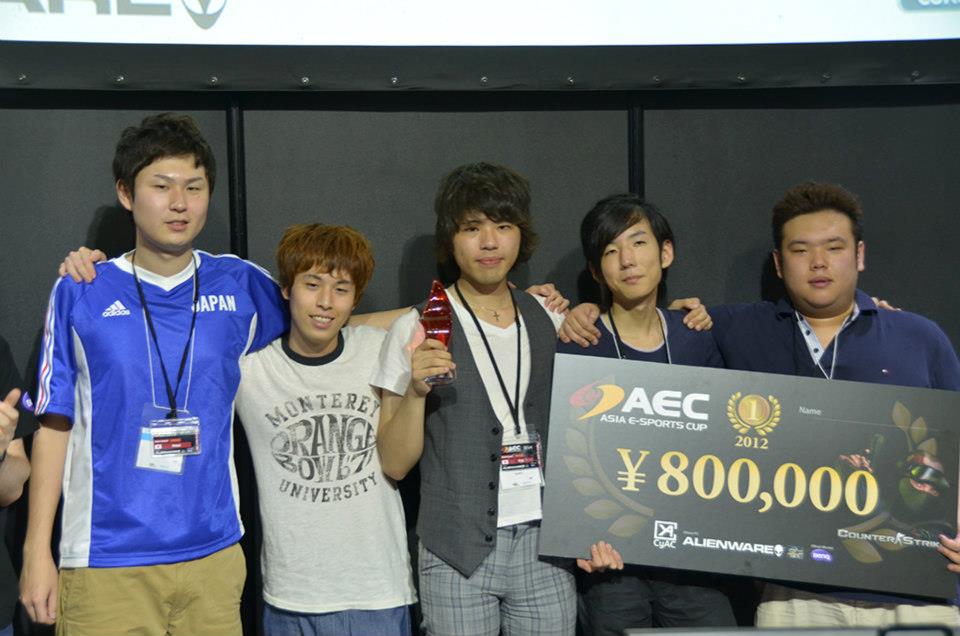
At the tournament, noppo wore a tracksuit emblazoned with the word “JAPAN.”
When asked about it before the match, he answered with a bright smile:
“Because I’m representing Japan!”
At the time, few teams even had uniforms — most players simply competed in casual clothes.
Among them, noppo’s decision to proudly wear “JAPAN” across his chest left a lasting impression — one that remains vivid to this day.
The Asia e-Sports Cup 2012 would become one of the last major global tournaments ever held for Counter-Strike 1.6.
By then, more than a decade had passed since the original Counter-Strike was released, and the esports scene was shifting toward new titles such as League of Legends, which was emerging as the next major competitive game.
(After this, the new title Counter-Strike: Global Offensive was released — and today, Counter-Strike 2 stands as the latest in the series.)
With this tournament, noppo decided to retire from competitive play.
The Asian Champion title and his legendary “Tondemonai Play” became the crowning achievements of his Counter-Strike career — a perfect ending on the surface.
Yet reality was not so kind.
Having devoted his entire life to Counter-Strike, noppo suddenly found himself without a goal once his competitive career came to an end.
A String of Job Rejections — Turning Esports Experience into a Career with Global Companies
Even so, life had to go on. noppo decided to focus on graduating from his Taiwanese university and finding a job.
At the time, he was 26 years old, while most job seekers around him were 21 — a difference that made him feel painfully out of place.
He applied to numerous companies, both large and small, sometimes making it as far as the second interview.
But in the end, not a single company hired him.
By the time he graduated, noppo had gone completely winless in his job search, marking the beginning of a difficult chapter as he struggled to build a second career after retiring as a player.
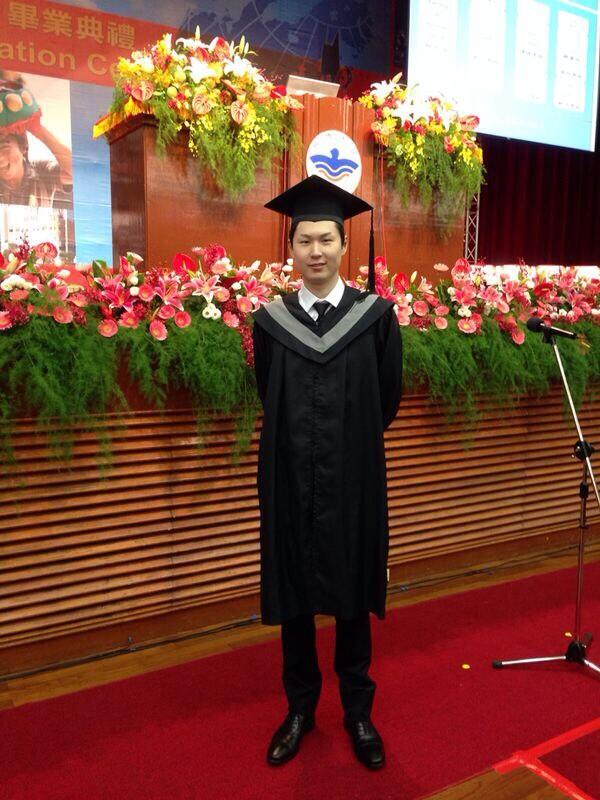
While his peers were already in their fourth year as working professionals, he found himself unemployed — consumed by growing anxiety and impatience, despite knowing it was the result of the path he had chosen.
Desperate to find a way forward, noppo began attending gaming and esports events across Japan, networking relentlessly and explaining his situation to company representatives, hoping that someone — anyone — might give him an opportunity.
But even then, no offers came.
Then, in 2014, fate intervened.
The key figure was Patrik “cArn” Sättermon, the former Counter-Strike captain of the world-renowned esports team Fnatic.
Back in 2008, noppo had approached cArn in Swedish during an international tournament, sharing the story of how he had once studied esports alone in Sweden.
The two became close friends and stayed in touch over the years.
In 2014, cArn was scheduled to appear at the MSI booth at Tokyo Game Show.
He reached out to noppo with a simple message:
“Come to Tokyo Game Show, Junya!”
When noppo visited the MSI booth to see his old friend again, he unexpectedly ran into a former acquaintance from his Taiwan days — that friend had since joined MSI and was in Japan for the event.
As they joyfully caught up, noppo mentioned that he was still looking for work.
His friend replied, “Actually, we’re hiring a marketing specialist right now,” and arranged for him to take an interview.
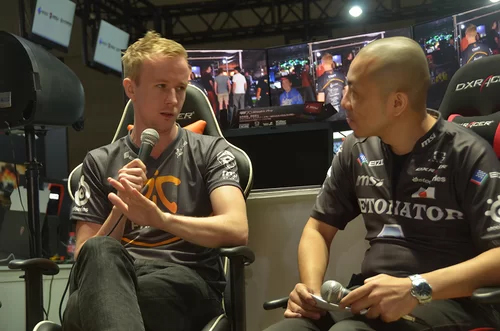
MSI — a major gaming hardware manufacturer and longtime Fnatic sponsor — was deeply involved in esports at the time, actively seeking gamers to help expand its gaming PC division.
With his deep esports knowledge and international background, noppo was a perfect fit.
He passed the interview and finally achieved his long-awaited first job offer.
It was thanks to his esports experience and the connections he had built during his time in Taiwan that this door opened.
Once hired, noppo leveraged his gaming background to plan events and manage MSI’s social media, growing its followers more than tenfold.
However, he also admits that his lack of business experience led to mistakes and caused trouble for his colleagues along the way.
“I was arrogant. I thought, ‘I’m the Asian Champion — the one who knows esports best.’
But I was just a rookie — and an insufferably cocky one at that.
My seniors put me in my place, and I learned a lot from them.”
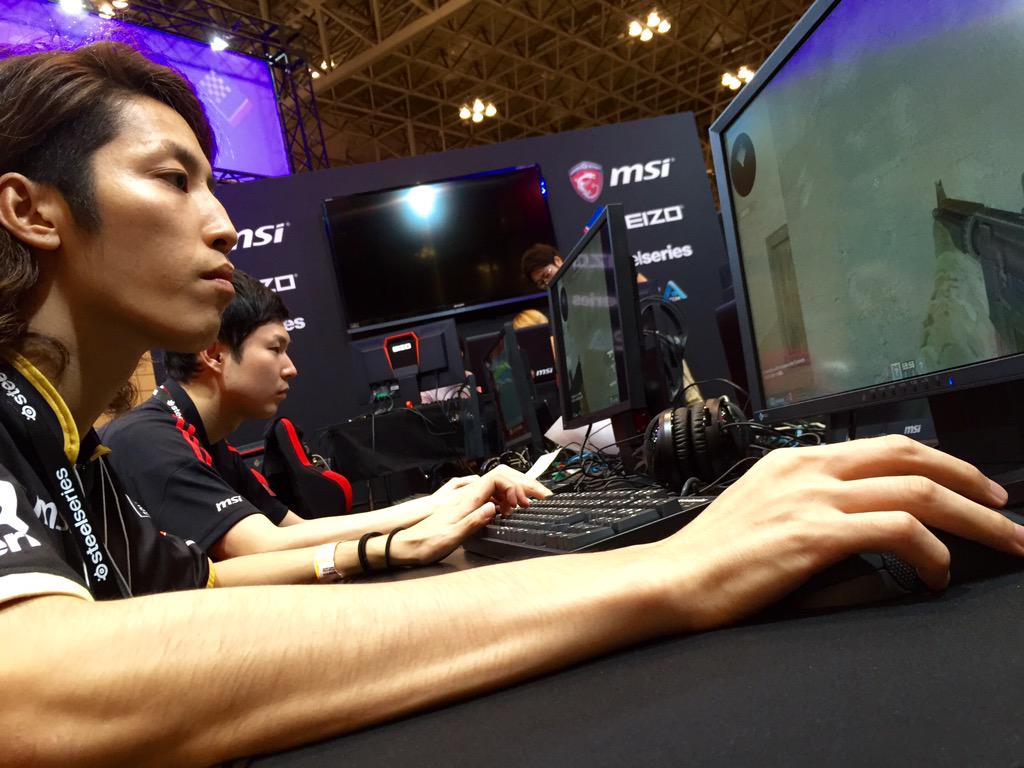
At one of the events noppo helped organize, a representative from NVIDIA happened to attend.
Through that encounter, he learned that NVIDIA was also looking to hire people familiar with gaming — and began to consider a career move.
At the time, noppo was 27 years old.
His friends, now seasoned professionals, were thriving in their own companies.
Seeing their success, noppo thought, “I want to catch up to them. I want to join a company like NVIDIA and prove myself.”
He applied for a position at NVIDIA — but three weeks passed without any response.
Unwilling to give up, noppo decided to take one last shot.
He prepared a detailed proposal document, outlining ideas he hadn’t had time to share during the interview — how he would leverage his gamer background and esports experience to boost product awareness and contribute to sales.
His passion came through — and it worked. He was hired.
At NVIDIA, noppo helped organize numerous gaming and esports events.
As a sponsor for esports teams and tournaments, he contributed greatly to the growth of the Japanese esports scene.
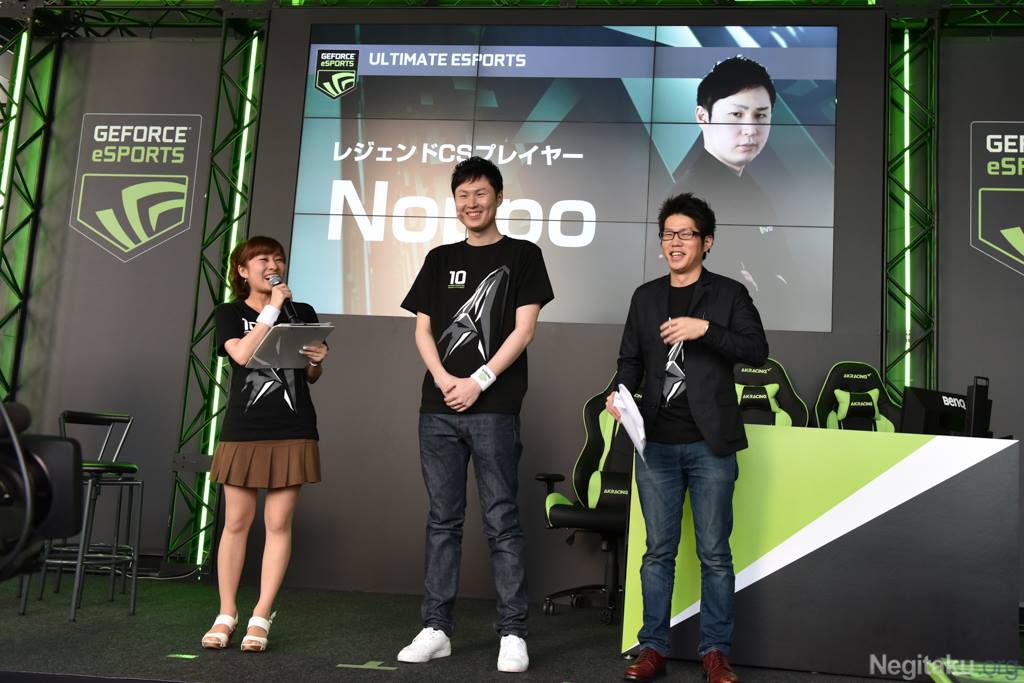
In his private life, noppo continued giving back to the community.
Together with gamer friends, he launched a Counter-Strike: Global Offensive community tournament called “宴 (Utage),” creating opportunities for younger players to shine.
To handle the tournament broadcasts, he began visiting the Twitch Japan office once a week.
There, he learned that Twitch was hiring for positions in its newly established Japan branch.
Twitch had always been the company noppo most wanted to join back when he was job-hunting.
At that time, Twitch had no Japanese office, and with limited confidence in his business English, he had reluctantly given up on the dream.
Now, however, his experience and achievements at MSI and NVIDIA worked in his favor — and he was offered the job.
For the first time, noppo found himself leading a stable professional life, while also channeling his free time and passion back into supporting esports projects and community events.
Creating His Own Legacy — The Birth of the Gaming Brand “ZYGEN”
At the age of 32, noppo founded his own gaming device brand, ZYGEN.
One of the inspirations behind this venture was the launch of VAXEE.
VAXEE was created by Vincent Tang, founder of ZOWIE, and Xanver Tseng, its former product lead, after they had sold ZOWIE to BenQ.
They were looking for a partner who could authentically communicate their product philosophy — and they chose noppo.
Back in the ZOWIE days, some of the world’s most famous Counter-Strike players — Emil “HeatoN” Christensen, Abdisamad “SpawN” Mohamed, and Filip “NEO” Kubski — were directly involved in product development.
For noppo, the idea of having a brand of his own, developing gaming gear based on his own design concepts, was both a long-held dream and a tremendous honor.
Vincent, Xanver, and the VAXEE team had long supported Japanese esports, and noppo himself had received their help during his playing days.
Wishing to give back, he used the Chinese language skills he had learned in university to communicate closely with the VAXEE staff, developing gaming devices with uncompromising attention to detail.
Thus, ZYGEN was born.
Its NP-01 series gaming mouse became a hit — used by top professional players on the world stage — a true testament to noppo’s legacy in competitive gaming.
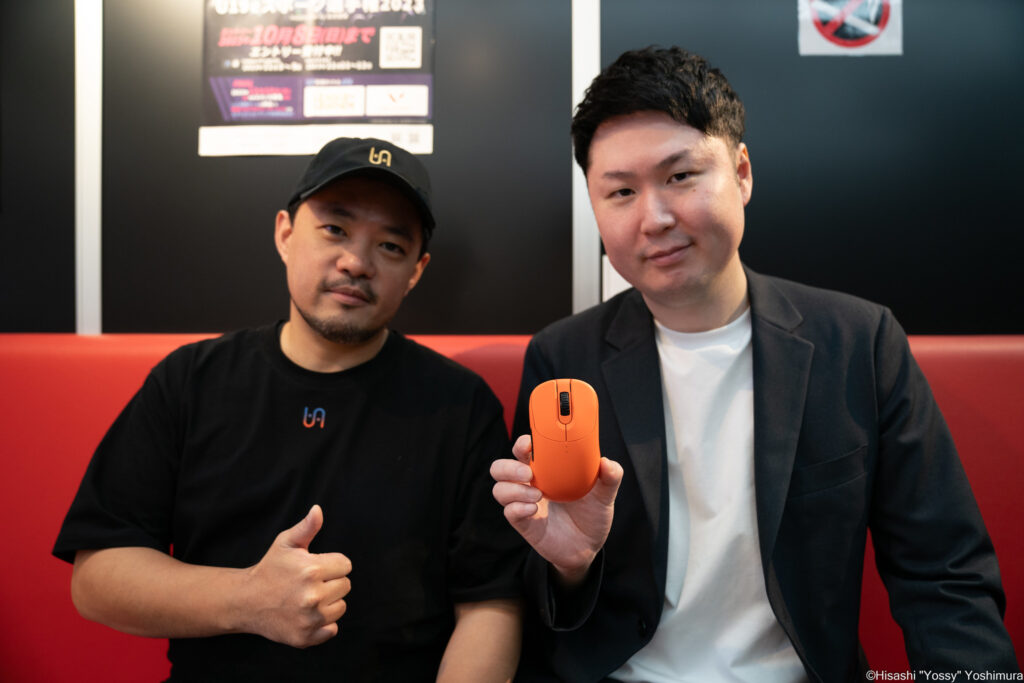
Together with his partner brand VAXEE, noppo organized product showcases and community meet-ups in Japan, serving as both a brand ambassador and a bridge between the development team and Japanese players.
During these sessions, noppo would interpret in real time, conveying the passionate messages of the Chinese-speaking VAXEE staff directly to the audience.
In doing so, noppo’s earlier belief — that “learning Chinese might someday become an asset in life” — was beautifully fulfilled.
It had come full circle in the most meaningful way possible.
To Protect His Status or Embrace a New Challenge — Becoming a Professional Esports Coach
At the age of 33, noppo received an offer from an old friend who was launching a new esports team — to join as a coach.
By around 2022, Japan’s esports scene had matured, and team structures had evolved significantly.
Players could now focus solely on performance, while coaches and analysts took charge of team building and strategy — a division of roles that mirrored international standards.
Across the world, many of noppo’s generation of legends were transitioning into coaching, leading new teams to victory.
“In baseball, a great player doesn’t always make a great coach. It’s the same in gaming. I wasn’t sure if I could be a good coach. Part of me felt it might be better to protect the reputation I’d built as a ‘legend.’”
Once again, it was Tarō Okamoto’s words that guided his decision:
“The path that seems dangerous is always the one you truly want to take.”
Following that conviction, noppo accepted the offer and became the coach of Jadeite’s VALORANT division.
In his second season, he led the team to a 2nd-place finish in Japan — a remarkable accomplishment that marked yet another chapter in his evolving esports journey.
Even as a coach, noppo’s path was not without challenges.
Because he could only work during his spare time from his main job, he couldn’t dedicate himself fully to the players or provide constant guidance.
He also lacked the time needed for in-depth strategic research.
Rather than give up, noppo sought solutions.
He proposed adding more coaches to the team, introducing a more specialized and distributed coaching system that gradually resolved many of the issues.
Another major challenge came from bridging the generational gap with younger players.
“In my time, what the seniors said was absolute. But that kind of top-down approach doesn’t reach today’s players at all.”
He had to adapt — rethinking how to communicate, how to teach, and how to earn the trust of a new generation that had grown up in a completely different esports culture.
Through that process, noppo found himself learning just as much from his players as they learned from him.
Through Challenges and Setbacks, noppo Forged a Lasting Legacy in Esports
noppo endured countless hardships, yet continued to pave the way for the future of Japanese esports.
Whenever he faced hardships, it was his fellow gamers and mentors who reached out to lift him up.
His genuine passion and dedication toward esports earned him the love and respect of many in the gaming community.
And above all, he was supported by his family, who understood and encouraged him more than anyone else.
Among the people noppo respected most in esports was his close friend, Patrik “cArn” Sättermon of Fnatic.
After hearing of noppo’s passing, cArn shared a heartfelt tribute on social media.
When I (the author) added a post sharing one of noppo’s stories, the message reached Minh “Gooseman” Le, the co-creator of Counter-Strike, who then offered his condolences.
For noppo — who devoted his life to Counter-Strike — Minh Le was nothing short of a legend himself.
Receiving a message from the game’s creator was, in itself, a miracle born from noppo’s deep love for Counter-Strike.
Surely, the “god of Counter-Strike” loved noppo as well.
Very sorry to hear about Junya's passing. It is tragic to know that he passed away at such a young age. I'm sad that we couldn't have met in person 🙁
— Minh Le (@GoosemanCS) October 15, 2025
Junya Taniguchi — known to the world as noppo — will forever remain an irreplaceable figure in Japanese esports.
Losing him is heartbreaking, both as a friend and as an esports fan.
noppo himself would likely have felt deep regret that he could not witness the bright future of esports he helped build.
Yet, for a man who devoted his entire life to gaming and esports, there’s no doubt — he left with no regrets.
May his story continue to inspire the next generation of gamers, dreamers, and esports pioneers.
“Don’t be afraid. Even if you feel anxious about the future, things will work out one way or another.
There are always places that suit you.
And even if you struggle there, like I did — you’ll be okay. You’ll find your way.”

